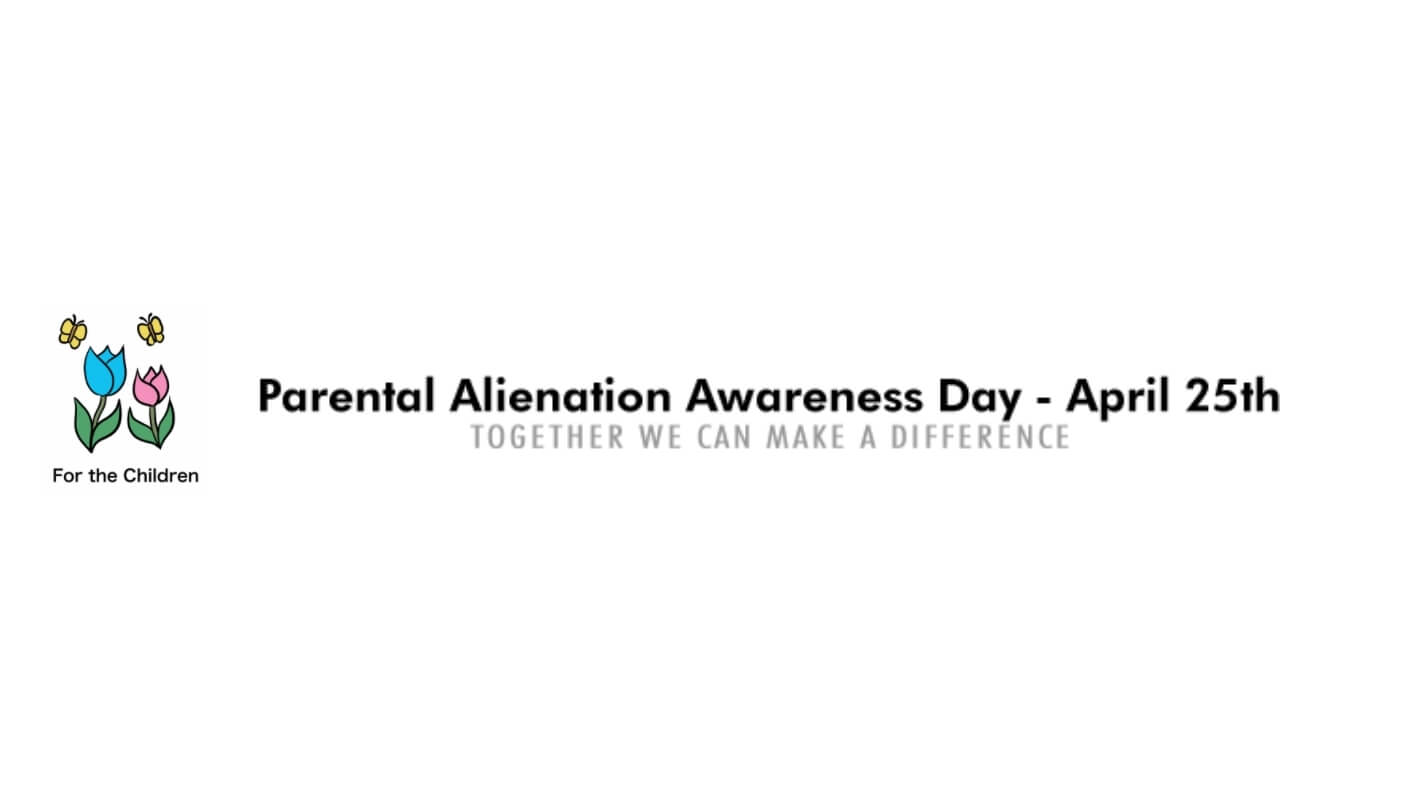Taking place on 25 April is Parental Alienation Awareness Day (“PAAD”). PAAD aims to raise global awareness of the issue of parental alienation and the impact which it can have on children and their relationships with their parents.
Signs of parental alienation
Parental alienation is a phenomenon which involves one parent trying to turn their child against the other parent, often with a view to persuade the child that they wish to exclude the other parent from their life permanently.
CAFCASS, the Children and Family Court Advisory and Support Service, have suggested that it encompasses a spectrum of behaviours of varying severities including one parent:
- constantly badmouthing/ belittling the other;
- limiting the other’s contact;
- forbidding the child from discussing the other parent;
- creating the impression that the other parent dislikes or does not love the child; or
- trying to force the child to reject the parent to make the former partner a former parent as well.
What is the court’s approach to parental alienation?
When considering cases involving parental alienation the courts have difficult decisions to make as they must determine facts about the reasons why contact arrangements are not working, have broken down or are being withheld.
This can very often be a problematic task as the court will need to differentiate between the views of the child from those of the potentially alienating parent. Often, children who have been the subject to parental alienation genuinely believe what the alienating parent has told them about the other parent and are unable to recognise the long-term benefits of having a relationship with them.
If the court makes findings that one parent has been alienating the other, it has a number of options available to it which can include making orders that stringently regulate the relationship between the parents. In the most extreme cases, the court can even change with whom the child lives and limit the time which the child spends with the alienating parent. The court will, however, only do this when it considers it to be in the best interest of the child.
What should you do you think your former spouse or partner is alienating your child against you?
It is important that you seek advice as soon as possible. Early action or involvement of solicitors may be instrumental in dealing with this issue and restoring a more functional co-parenting relationship between parties. If you would like to speak to one of our family law specialists please contact us and we’ll be happy to discuss any parental dispute concerns.














